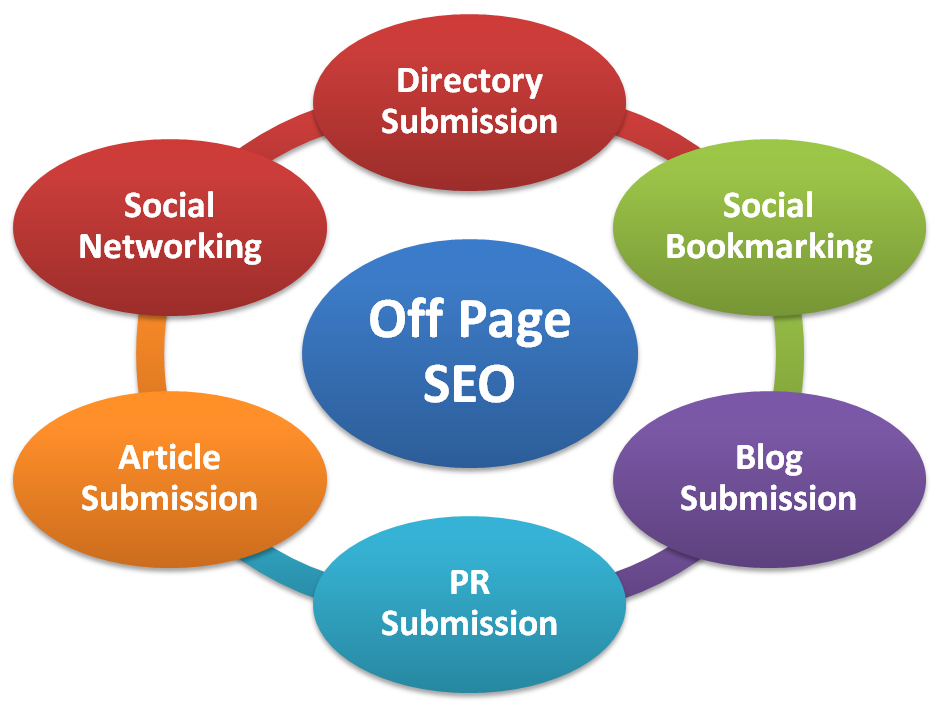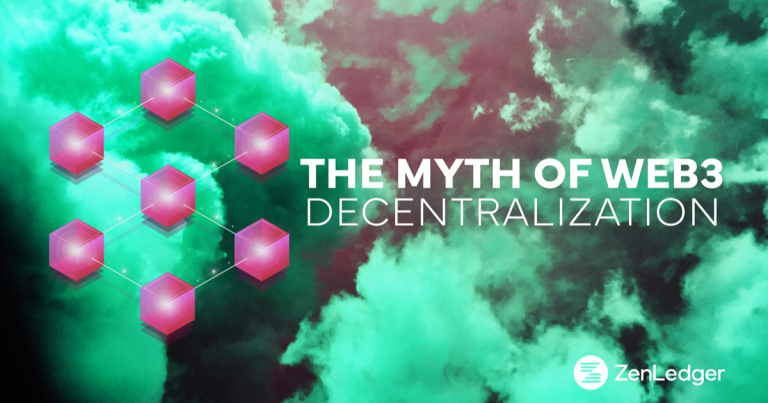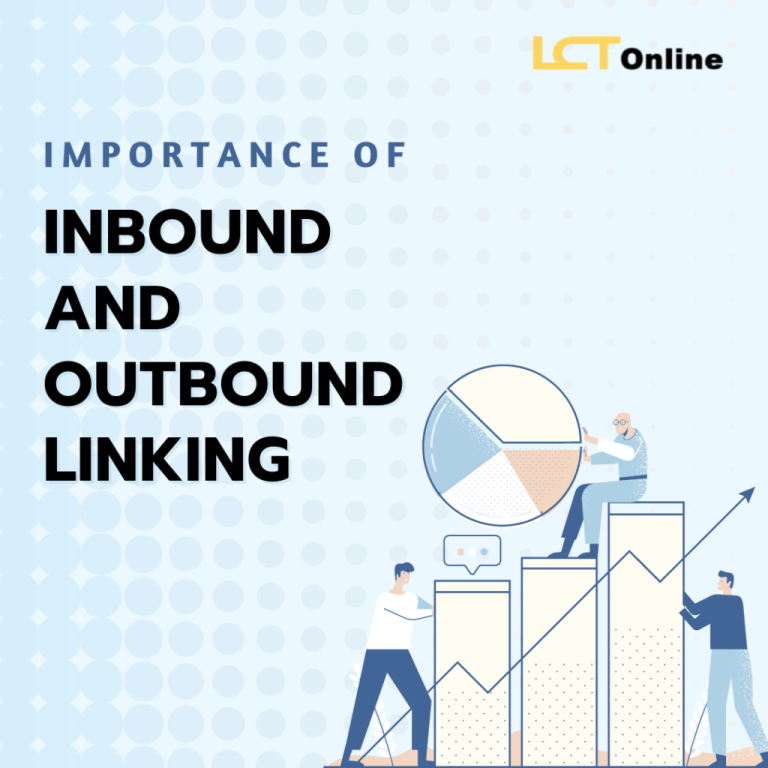
In the ever-evolving world of digital marketing, off-page optimization has become a critical component of any successful SEO strategy. While on-page SEO focuses on optimizing content and structure within your website, off-page SEO involves actions taken outside of your site to improve its visibility and authority. This guide will explore the importance of off-page optimization, its key strategies, and how it can help your business thrive in 2024.
What is Off-Page SEO?
Off-page SEO refers to the techniques used to improve a website’s search engine rankings by building its authority and credibility through external sources. Unlike on-page SEO, which involves optimizing elements like titles, meta descriptions, and content, off-page SEO focuses on activities that occur outside of your website. These include building backlinks, earning brand mentions, and engaging with social media platforms.
According to industry experts, “Off-page SEO is a strategy that involves actions taken outside of your website to improve your search engine rankings.” It includes building backlinks, acquiring citations and social mentions, and fostering partnerships with authoritative websites. By enhancing the perception of your site’s expertise, trustworthiness, and relevance, off-page SEO helps you achieve higher visibility in search engine results.
Why Off-Page SEO Matters
In today’s digital landscape, search behavior is changing rapidly. People no longer visit websites to find answers; instead, they rely on AI overviews, social platforms, video content, and community discussions to guide their decisions. As a result, visibility now hinges on what’s happening off the page, not just on it.
“Google’s AI Overviews are increasingly providing users with synthesized answers directly in the search results,” notes Semrush. This trend indicates a shift where users obtain information without visiting individual websites. Therefore, to earn attention and traffic, agencies need to focus on where influence is built and discovered—off the page.
Key Strategies for Off-Page Optimization
There are several proven strategies that can help boost your website’s visibility through off-page optimization. Here are ten effective methods:
-
Publish LinkedIn Posts & Articles
LinkedIn remains one of the most trusted platforms for B2B audiences. Regularly posting short updates and long-form articles increases your brand’s discoverability, especially for agency owners targeting niche verticals. -
Appear on Industry Podcasts
Being a guest on shows like The WP Minute or other WordPress and marketing-focused podcasts helps position agency leaders as experts and drives mentions that search engines and AI models track. -
Create YouTube Shorts
Short-form video is highly crawlable and increasingly favored in search. Agencies that create brief tutorials, plugin tips, or hosting comparisons can gain visibility quickly—even for competitive terms. -
Get Featured in Articles About You
Contributing to conversations or Q&A features on platforms like Product Hunt, Stack Overflow, GitHub, Quora, and Reddit can earn authority and are often included in knowledge panels and AI training datasets. -
Share on Social
While not traditionally seen as an SEO tool, a lot of social media posts are indexed by search engines and referenced in social listening tools. Behind-the-scenes content, client results, or quick tips perform well. -
Post on Reddit
Reddit threads are commonly cited by AI and featured in organic search—even if they’re 10+ years old. Engaging authentically in relevant subreddits like r/agency or r/Wordpress can drive both discussion and SEO value. -
Guest Post on Reputable Blogs
Publishing content on well-known platforms (especially in the WordPress space, like WordPress Support Forum) earns backlinks and brand recognition. Focus on delivering educational value, not just promotion. -
Answer Questions on Industry Forums
WordPress.org support forums, Facebook groups, and platforms like GitHub and Stack Overflow attract traffic and are scanned by AI and Google for trusted answers. -
Encourage Brand Mentions
Whether or not they include a backlink, brand mentions across social media, blogs, and video transcripts help improve authority. These mentions often appear in AI-generated answers and summaries. -
Optimize for AI Discovery
Structure your content with definitions, stats, and frameworks that are easy to cite. This helps AI models recognize your agency as a reliable source and improves the chances of being quoted directly in zero-click search experiences.
How Off-Page SEO Impacts Rankings
Off-page SEO signals, like backlinks and brand citations, help search engines assess a site’s credibility and authority, which can improve rankings. Search engines use backlinks, citations, and mentions to gauge a site’s relevance and quality. A website with high domain authority (DA) and quality backlinks is more likely to appear in search engine results for relevant queries.
Backlinks are particularly important because they act as “votes” for a particular page. Pages with a high number of backlinks generally have higher organic search engine rankings because they are perceived to be more relevant. Additionally, brand mentions and social media engagement contribute to a website’s overall authority and can positively impact its search engine rankings.
Examples of Off-Page SEO
Earning backlinks from authoritative websites, getting brand mentions in news articles, and engaging in influencer marketing are all examples of off-page SEO. For instance, if a reputable blog links to your website, it can significantly boost your search engine rankings. Similarly, being mentioned in a news article or a podcast can increase your brand’s visibility and credibility.
Another example is participating in online communities and forums. By answering questions and providing valuable insights, you can build relationships with other users and potentially earn backlinks or mentions. This not only enhances your website’s authority but also drives targeted traffic to your site.
On-Page vs. Off-Page SEO: Which is More Important?
Both on-page and off-page SEO are essential for a comprehensive digital marketing strategy. On-page SEO ensures that your content is optimized for search engines, while off-page SEO builds trust and authority to improve rankings. However, in today’s digital landscape, off-page SEO has become increasingly important due to changes in search behavior and the rise of AI overviews.
While on-page SEO is crucial for organizing content and improving user experience, off-page SEO plays a vital role in establishing your website’s credibility and authority. Together, they form a powerful combination that can significantly enhance your search engine rankings and drive more traffic to your site.
How to Earn Backlinks
Earning backlinks is a key component of off-page SEO. Here are some effective ways to acquire high-quality backlinks:
- Create High-Quality Content: Develop informative and engaging content that others will want to link to. This could include blog posts, infographics, videos, or case studies.
- Contribute to Third-Party Publications: Write guest posts for reputable websites in your industry. This not only earns backlinks but also increases your brand’s visibility.
- Sponsor Events or Organizations: Partner with events or organizations that align with your brand. This can lead to backlinks and increased exposure.
- Perform Outreach: Reach out to other websites and bloggers to request backlinks. Focus on quality rather than quantity, as high-quality backlinks from reputable sites have a greater impact on your rankings.
How to Check Your Off-Page SEO
Monitoring your off-page SEO efforts is essential to ensure that your strategies are effective. Here are some tools and methods to check your off-page SEO:
- Moz’s Link Explorer: Analyze your backlink profile to identify opportunities for improvement.
- Google Alerts: Monitor brand mentions to stay informed about how your brand is being discussed online.
- Moz Local: Review citations to ensure that your business information is consistent across different directories and platforms.
By regularly checking your off-page SEO, you can identify areas for improvement and adjust your strategies accordingly.
Conclusion
In conclusion, off-page optimization is a critical component of any successful SEO strategy. As search behavior continues to evolve, focusing on off-page SEO can help you build authority, improve rankings, and drive more traffic to your website. By implementing the strategies outlined in this guide, you can enhance your online presence and stay ahead of the competition in 2024.
Remember, the key to success lies in a balanced approach that combines both on-page and off-page SEO. While on-page SEO ensures that your content is optimized for search engines, off-page SEO builds trust and authority to improve your rankings. By investing in off-page SEO, you can establish your brand as a credible and reliable source of information, ultimately leading to increased visibility and growth.
[IMAGE: Off Page Optimization Guide for 2024]
[IMAGE: Off Page Optimization Guide for 2024]







